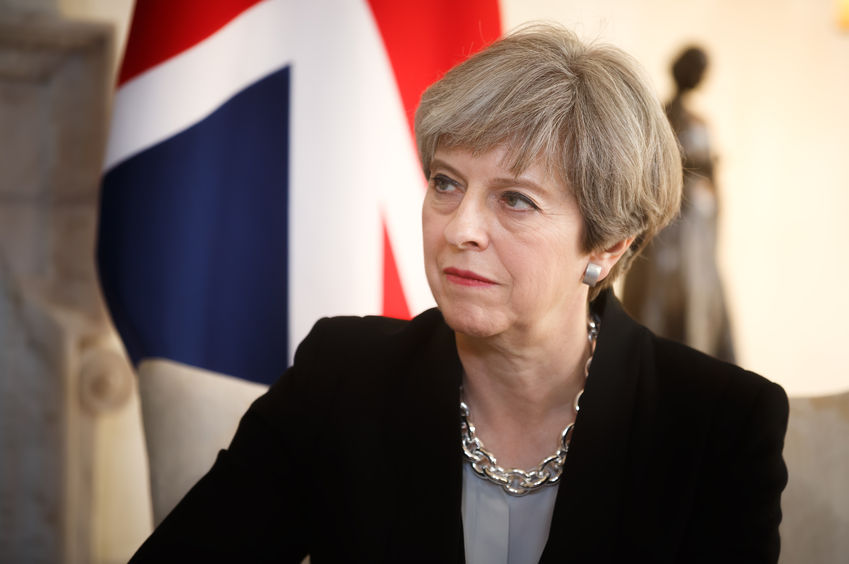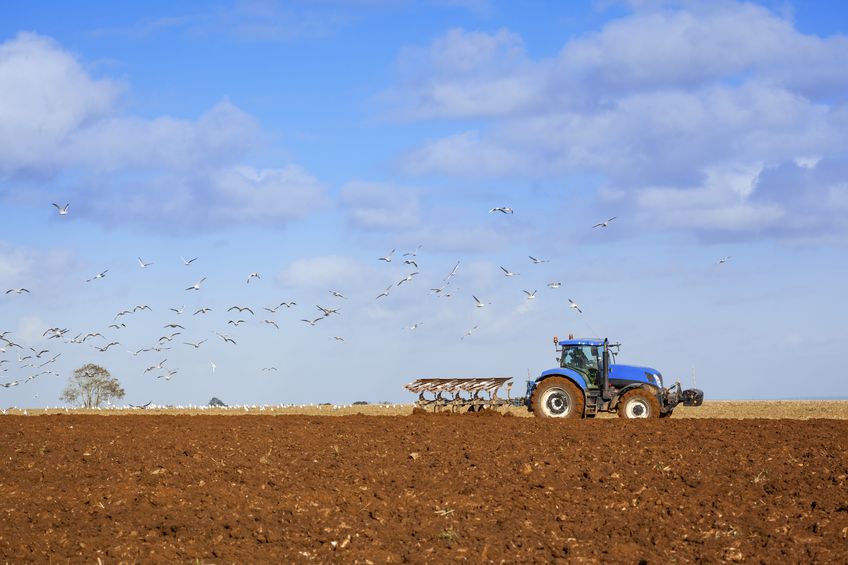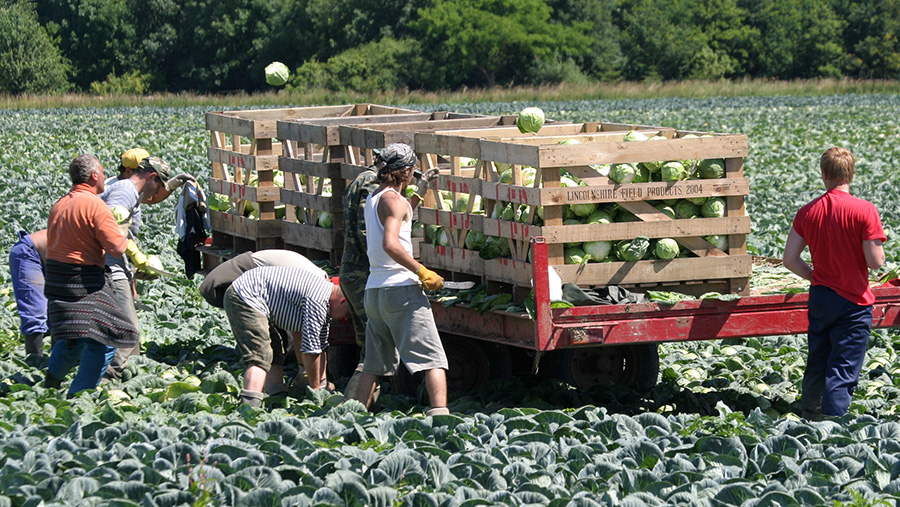Subsidies, trade and labour: What will it mean for farmers once the UK triggers Article 50?

One of the biggest events in Britain’s postwar history is at hand, as Theresa May notifies the EU of the UK’s plans to withdraw today (29 March).
For farmers, there are still some much needed questions that need answering.
Although ministers have given very little clarity on how Britain’s new agricultural policy will work after the Brexit negotiations, it could have a dramatic effect on financial support structures, overseas trade, and access to workers.
The shape of future trade deals is seen as pivotal in securing the best possible access to markets inside and outside the EU.
For British farmers, having access to the single market means access to the world’s largest economy with more than 500 million people and a GDP of €25,000 (£18,000) a head.
If the government fails to secure a free trading arrangement with the EU, then measures to manage volatility, including direct payments, will be vital to help businesses compete.
Farm labour is also crucial. Farmers have demanded a controlled access to a flexible labour force that can sustain the sector’s seasonal needs, as well as the workforce needed further down the food supply chain.

Subsidies
The Common Agricultural Policy (CAP) makes up almost 40% of the EU budget, with about 3bn Euros paid to British farmers in direct subsidies, aimed at supporting businesses through volatile times and ensuring a supply of affordable food.
Set up in 1957 to sustain the EU’s food supplies by boosting agricultural productivity, the CAP provides financial support to some 12m farmers across Europe.
The UK Government has said it will retain these payments until 2020 – but has made no commitment beyond that.

Rural property agency H&H Land and Property created a helpful guide as to what the possibility of a future system for British subsidies could be, including area-based Direct Support, Coupled Direct Support and Agri-environmental Schemes.
But an Environmental Audit Committee (EAC) report found that leaving the CAP will 'threaten' the viability of some farms.
It is not just farmers who could be losing out on CAP benefits, the Queen could be too.
Trade
Other important issues for post-EU farming revolve around trade tariffs, with the National Farmers’ Union (NFU) making “full unfettered access” to the EU’s single market one of its key policy demands for post-Brexit farming.
Following its membership consultation on post-Brexit farming, the NFU has said the Norwegian European Economic Area arrangement was the most favoured model for British farmers.
Trade was also a key factor in the “red lines” set out by the Country Land and Business Association (CLA) which said the UK must not “unilaterally reduce its tariffs from those it currently applies”, and there must be “minimal friction” for imports and exports between the UK and the continent.
Perhaps one of the biggest issues of all for the future integrity of the UK is the border question with Northern Ireland. The movement of goods and access to labour across the Irish border after Brexit are 'key concerns' for farmers, according to the Ulster Farmers' Union (UFU).
UFU dairy chairman, William Irvine said that Northern Ireland's unique situation and the complexities of what will be a land border between the UK and the EU are 'well recognised.'
"A large number of dairy farmers here are members of co-ops in the South," he said, "clearly, there are strong links between farmers here and processors south of the border, and indeed vice versa. This applies to other sectors as well as dairy, and we were encouraged that the will seems to exist in Brussels for a soft border."
Labour
Access to a flexible and competent workforce post-Brexit is another major concern for farmers, with thousands of seasonal workers brought in from eastern Europe to gather fruit, vegetable and salads in regions such as East Anglia, for example.
Some farming businesses say they are already struggling to recruit vital European seasonal workers for this summer’s harvest, as a result of the Brexit vote.
The CLA is just one of the organisations that said the uncertainty for migrant workers may affect investment and job creation.
CLA President Ross Murray said workers from the EU and beyond play a "crucial role" in the rural economy: "In agriculture alone more than 30,000 permanent workers and an estimated 67,000 seasonal workers overseas help keep our shops and market stalls stocked with UK produce," he said.
"Farms and other rural businesses need to know that after Brexit there will still be a flexible, skilled and secure workforce so they can plan for the future, invest in their businesses and secure or create jobs.
The Royal Association of British Dairy Farmers' (RABDF) 2014 independent farmer survey concluded that migrant workers were making a significant contribution to the dairy sector with one third of producers having employed foreign labour with the majority agreeing they had been a very successful option.








